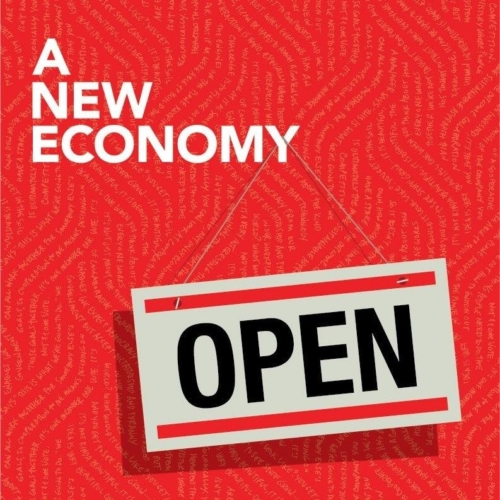Film screening: “How Cuba Survived Peak Oil”
Tonight the Vancouver Public Library is hosting a screening of the film, The Power of Community: How Cuba Survived Peak Oil, as part of its Necessary Visions series. It’s a free program and will be held at their Central branch, downtown at 350 West Georgia. Details below, and more events at the VPL website. Hope to see you there.
The Power of Community: How Cuba Survived Peak Oil is a project of The Community Solution, a non-profit organization that designs and teaches low-energy solutions to the current unsustainable, fossil fuel based, industrialized, and centralized way of living.”
— the Power of Community website

Screening info
Friday June 6, 7:30 pm
Alice MacKay Room, Lower Level
When the Soviet Union collapsed in 1990, Cuba’s economy went into a tailspin. With imports of oil cut by more than half — and food by 80 percent — people were desperate. This film tells of the hardships and struggles as well as the community and creativity of the Cuban people. They share how they transitioned from highly mechanized agriculture to using organic farming and urban gardens.
The Necessary Visions series features screenings of locally made documentary films, followed by discussion afterwards with the filmmakers.
For more information please contact Vancouver Public Library at 604-331-3603. Sponsored by Necessary Voices and Cinema Politica.
—
POST-EVENT UPDATE: This film is excellent! The turnout was impressive — two hundred people maybe? — of all ages and I do believe everyone truly enjoyed it. Lots to think about, be inspired by, and make strides towards. I took 3 journal-sized pages of notes and that’s like 4.5 pages for a person with normal-sized handwriting. A small country with a truly remarkable recent history, Cuba is an example for the world on how to live. Shocking statistics revealed visually the massive differences between their way of life and that of Americans: they use one eighth of the energy and yet maintain the same (if not better) life expectancy. Given that diabetes and heart disease rates have dropped in Cuba, but the opposite is happening in the US where we forecast life expectancy to drop for the first time, I don’t doubt that a gap will start to appear. It is probably time that the US started looking to Cuba as a model for sustainable living, rather than shunning them. Not that Cuba appears to need them anymore! They’ve got it all figured out.


